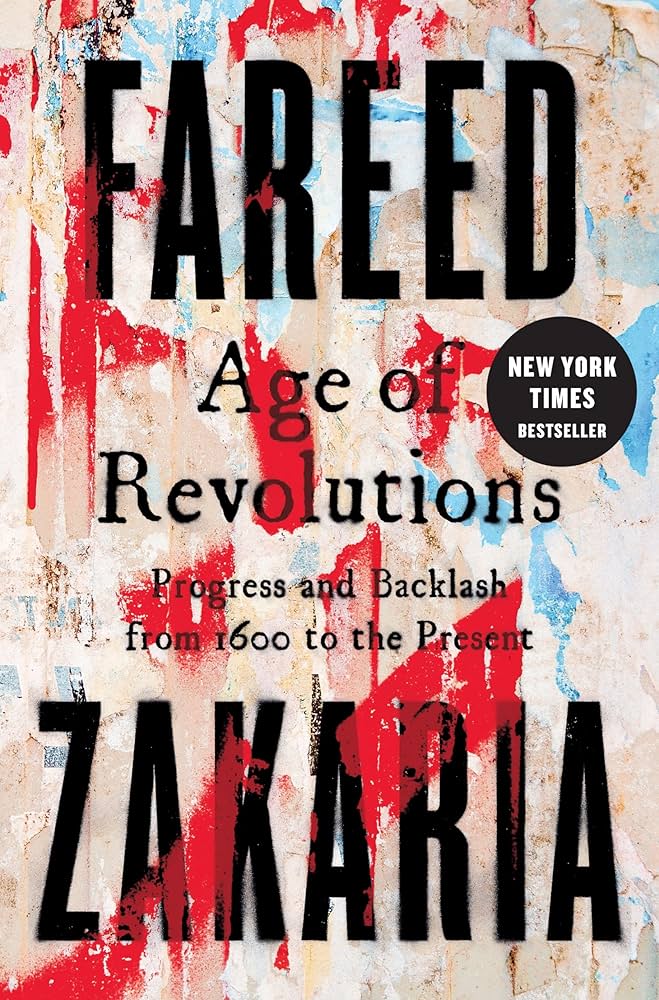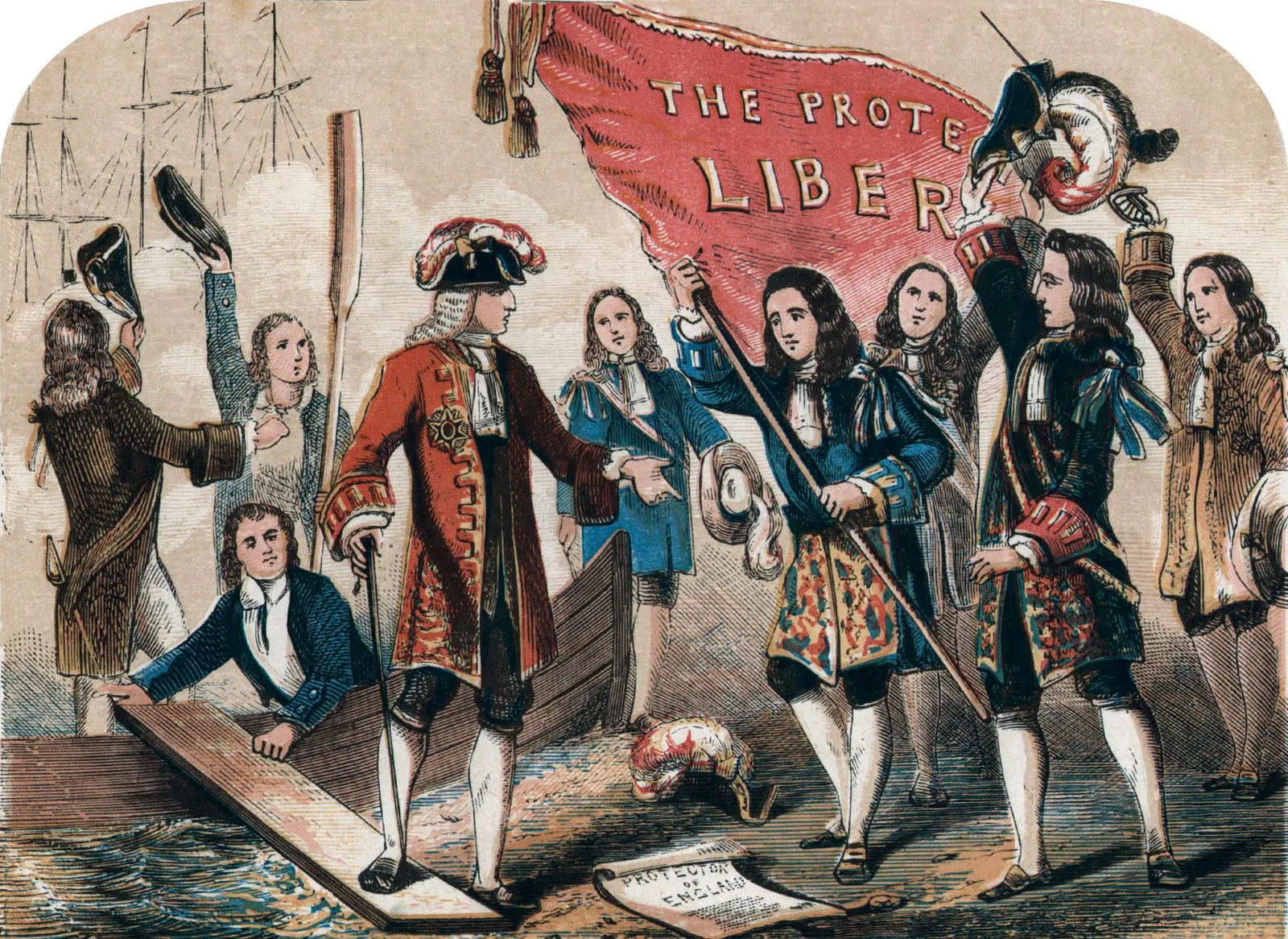Are you captivated in what series of historical occurrences led to the current global order—the idea of democracy, liberalism, free markets, migration, political, cultural, or technological revolution—and what lies ahead with the fervent rise of autocratic populism? If yes, Fareed Zakaria’s book is an indispensable work.
Fareed, in totality, relays a message that pragmatism triumphs over dogmatism—it is applicable to plethora of past happenings. For example, the Peloponnesian war, the Dutch revolution, the many French uprisings, the Industrial Revolution, the Identity Revolution, and most recently—and consequentially now—a rise of technological prowess and illiberalism in tandem.
As stated in the book, when the term “liberal” is mentioned, it does not imply what instantaneously spurs up in human psychosis. However, on the contrary, suggests the fundamental of what is supposed to be modern-day governance modus operandi, “classical liberalism,” a belief in liberty, democracy, rule of law, secularism, and cooperation—may it be domestic or foreign.
Why did many revolutions fail? Or even the countries that gained independence as liberal democracies but over time transpired to becoming even more authoritarian and hegemonic? The ultimate analysis is that, as such, Fareed exemplifies—first, these movements were in most part started from a top-down approach—for the like of Robespierre during the first French Revolution, conversely, not a bottom-up movement. Second, due to a top-down approach, the whole movement ends up constructing a cult-like following towards one leader and a populace with an abysmal level of liberal democratic tenacity. Third and most important of all, the founding principles did not revolve around the fundamental tenants of “classical liberalism,” such as liberty, freedom, free markets, and the nonexistence of formidable institutions that could and can carry out the very essence of these ideas.
On the flip side, the revolutions that did succeed kept the aforementioned values sacrosanct, resulting in the Industrial Revolution—originating in a liberal society the British Empire (considered as liberal, considering the time period in particular), with devolution of power from the crown to the economic elite, civilized division between the Tories and the Whigs, and the passing of the first reform act in 1832—The Representation of People Act 1832. Afterwards, the Industrial Revolution was morphed into greater lengths in the United States during the late 19th century, with its positive benefits being reaped till this very date—Americanism can be epitomized by what Kennedy uttered from the footsteps of Capitol Hill during the eve of his inauguration day: “Ask not what your country can do for you, ask what you can do for your country.”.
The Industrial Revolution and its effects were not all hunky-dory. The revolution transformed the social structure in its entirety—with giving greater merit to intelligence, and individuals with an innovative & entrepreneurial tendencies. That being said, with the rise in health, wealth, and representation of more—urbanization, with greater opportunities, did not culminate with an egalitarian nor a prosperous society.
All these changes brought a political revolution with cultural backlashes.
A common trend denoted by Fareed (or any other observer of history) is—when there is progress—”change”—its counter reaction is a “backlash.” Take the socialist doctrine, for example; its establishment could be attributed to the late 19th century—due to the rise in industrial employment and the general sense of needing rights and protections for these workers. Another example is that, as a result of the economic depravations caused by the Great Depression, the Democratic Party had to pivot its economic policy from conservative in terms of public spending to progressive, formulating policies like social security and welfare, resulting in the shift of the two mainstream policial parties pertaining to fiscal policy—an economic doctrine that permeates even at this juncture in time.
Vital from the many changes during the 20th century is the civil rights movements. Though Fareed has a contrarian take, for him the most consequential shift was the emancipation of women—which is perceived as even more revolutionary than the civil rights act signed by LBJ. The women’s rights movements to the judgment known as Roe v. Wade equated a class of people who were considered second-class citizens for the entirety of humankind; now they could not only vote for their representative but, at the same time, participate in the civic process not as wives but as entrepreneurs, teachers, judges, salespersons, lawyers, politicians, and even astronauts.
The liberation of women—spewed discontent and vociferous hatred amongst groups that would have never seen each other eye to eye—the Christian conservatives and the Islamic Fundamentalists. Both discovered a common enemy—a backlash that continues to persist in the very fabric of our civilization.
The meticulously written book cannot be confined to a single blog. Its message nonetheless can.
Give Age of Revolutions: Progress and Backlash from 1600 to the Present a read—especially if your interest lies in the discipline it puts a focal point on. To conclude, the idea of liberalism cannot be thrusted towards individuals; it must be entrusted by the very people who are delegated towards its delivery.


